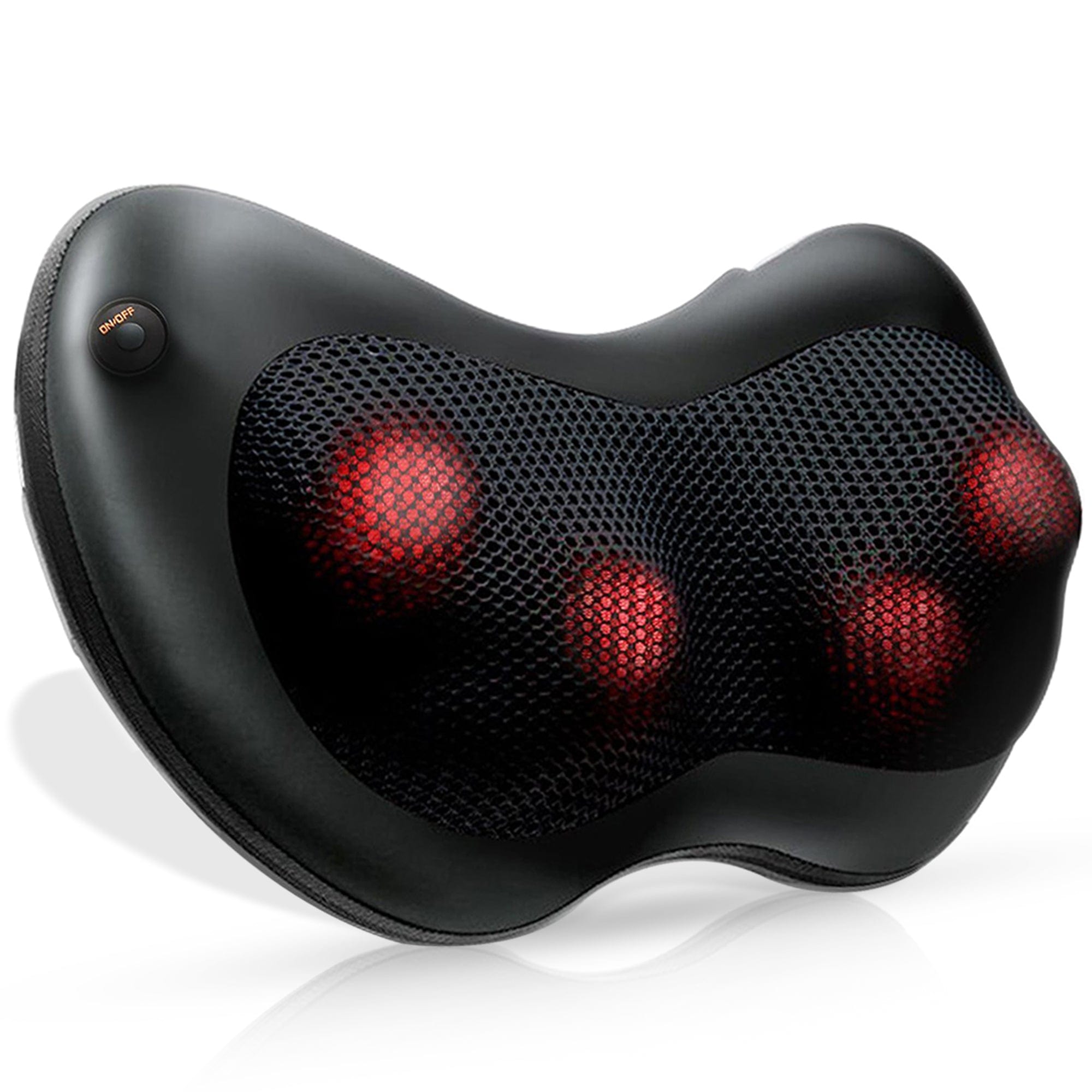In recent months, doctors noticed a rise in children getting viral infections causing them fever and other severe health issues like pneumonia, DENGUE, TYPHOID, MALARIA, ETC.
Fever or any viral infection can cause your child various issues along with a break in the consistency of their learning phase. Such situations may trigger a flood of questions and concerns. What should you do? What should you avoid? How can you ensure your child's comfort and well-being?
Fever, though common, but, can be emotionally challenging, particularly when you witness your little one feeling tired, uncomfortable, and feverish. During these tense moments, you might unintentionally make some fever care and management mistakes and errors. However, the way it's managed can make all the difference in your child's recovery.
Check what WHO says about this serious issue.
Reasons For Fever In Children
-
Upper Respiratory Tract Infections (RTIs)
-
High Temperature due to Change in Season.
-
Roseola – a virus that causes a temperature and a rash tonsillitis.
-
Kidney or urinary tract infections (UTIs)
-
Common childhood illnesses, such as chickenpox and whooping cough
-
Ear infections
-
Flu or Viral
Fact Diary
"Pneumonia is the leading infectious cause of death among children under 5, causing the death of approximately 700,000 children a year.
In many parts of the world, a child dies from pneumonia every minute – even though the disease is entirely preventable and can be easily managed with antibiotics."
FEVER SOS: 7 Critical Errors Parents Need to Correct
When your child is unwell and running a fever, it is very important to provide the best possible care. Surprisingly, we often make mistakes such as not monitoring temperature correctly, using over-the-counter medications improperly, or failing to seek medical attention when necessary. Make sure to emphasize the importance of proper fever management.
Errors #1. Not Measuring Temperature Correctly
One of the most crucial steps in assessing their condition is measuring their body temperature accurately. Using an inaccurate or outdated thermometer can lead to incorrect temperature readings. Always use a digital thermometer, preferably one designed for children, and follow the manufacturer's instructions for proper use.
Ensure you are checking the Temperature of your child regularly. Use a quality Thermometer with Dr Trust.
Error #2. Overreacting to Low-Grade Fevers
Not every fever requires immediate medical attention, so don't panic. Low-grade fevers (below 100.4°F or 38°C) are often caused by minor infections and can be managed at home with rest and fluids.
Error #3. Ignoring High Fevers
On the flip side, extremely high fevers (above 104°F or 40°C) can be dangerous, especially in young children. If a high fever persists, seek medical attention promptly. High fevers can indicate a serious underlying condition.
Do not take every condition as a minor Fever. Make sure to check with your doctor if the child is not feeling well or comfortable.
As per UNICEF, Malaria, pneumonia, diarrhoea, HIV and tuberculosis are preventable and treatable. But they are still killing children in large numbers.
Error #4. Overdosing on Fever-Reducing Medications
Giving your child too much fever-reducing medication (e.g., acetaminophen or ibuprofen) or giving doses too close together can lead to overdosing, which can be harmful. Always follow the dosing instructions on the product label or as advised by a healthcare provider.
Error #5. Using Aspirin in Children
Never give aspirin to a child with a fever, as it can lead to a rare but serious condition called Reye's syndrome. Stick to acetaminophen or ibuprofen, which are safer choices for reducing fever in children.
Fact Dairy
"Reye's syndrome is an acute increase of pressure within the brain and, often, massive accumulations of fat in the liver and other organs"
Error #6. Neglecting Hydration
Fever can cause children to lose fluids more rapidly. Ensure your child drinks plenty of water, clear liquids, or oral rehydration solutions to prevent dehydration. Avoid sugary drinks and opt for water, electrolyte solutions, or diluted fruit juices.
It is believed that hydration limits the fever.
Error #7. Not Seeking Medical Attention When Necessary
While many cases of fever are mild and resolved on their own, there are instances when some symptoms lead to more serious conditions like bacterial infections, meningitis, or urinary tract infections. In these situations, seeking prompt medical attention is crucial for your child’s well-being. Unfortunately, it's a common trend for parents to delay or avoid seeking medical help when necessary, sometimes underestimating the seriousness of the situation.
Don’t Forget Nebulization: A Vital Therapy For Children With Fever
When it comes to managing fever in children, parents often focus on reducing the temperature alone. However, fever can sometimes bring along other uncomfortable symptoms, particularly respiratory issues, which need equal attention. Nebulization emerges as a vital therapy in such cases, offering a targeted approach providing much-needed relief from fever-related respiratory distress in children.
The Dr Trust Nebulizers are designed to ensure that children receive the appropriate medication where it's needed most. This not only eases symptoms like wheezing, coughing, and shortness of breath but also contributes to their overall comfort and recovery.
Is your child battling a fever and struggling with respiratory symptoms? Discover the game-changer in fever management with the Dr Trust.
In conclusion, make sure to follow the doctor-prescribed medication to reduce the fever along with giving them plenty of fluids, looking out for signs of dehydration, giving them food if they want it, checking on your child regularly during the night, keeping them at home, and give them paracetamol or ibuprofen if they're distressed or unwell – check the packaging or leaflet to make sure the medicine is suitable for your child, or speak to a pharmacist or GP if you're not sure.










